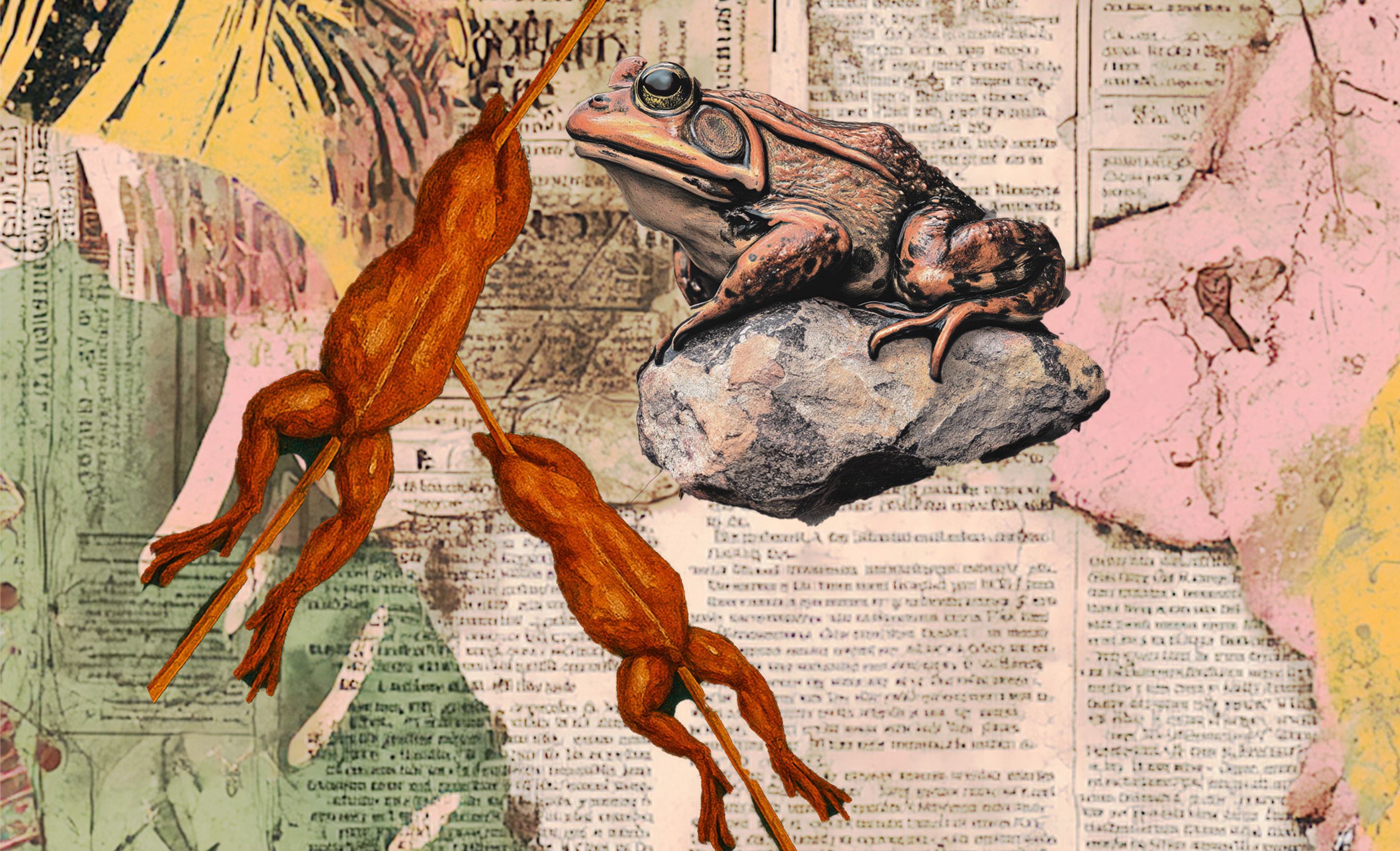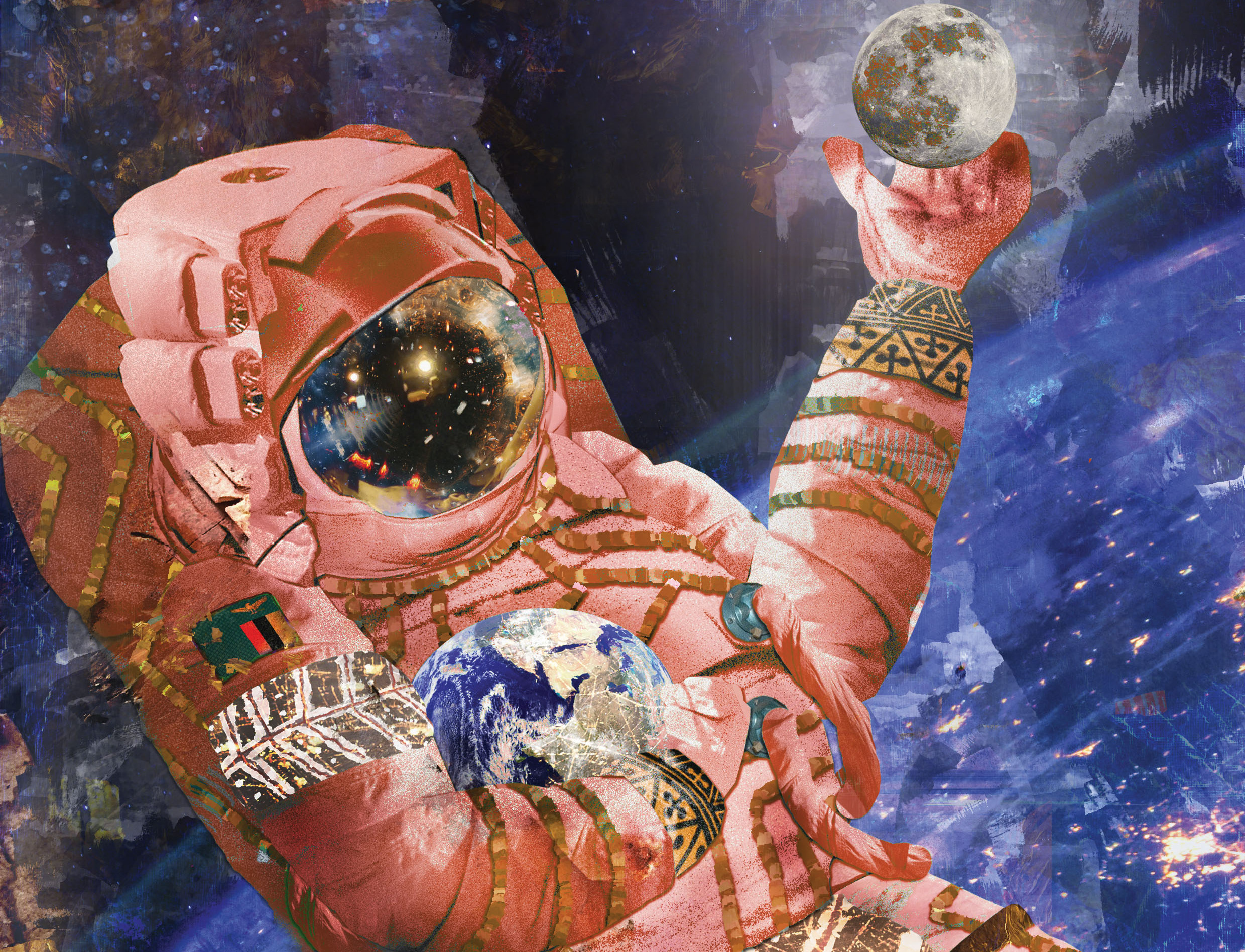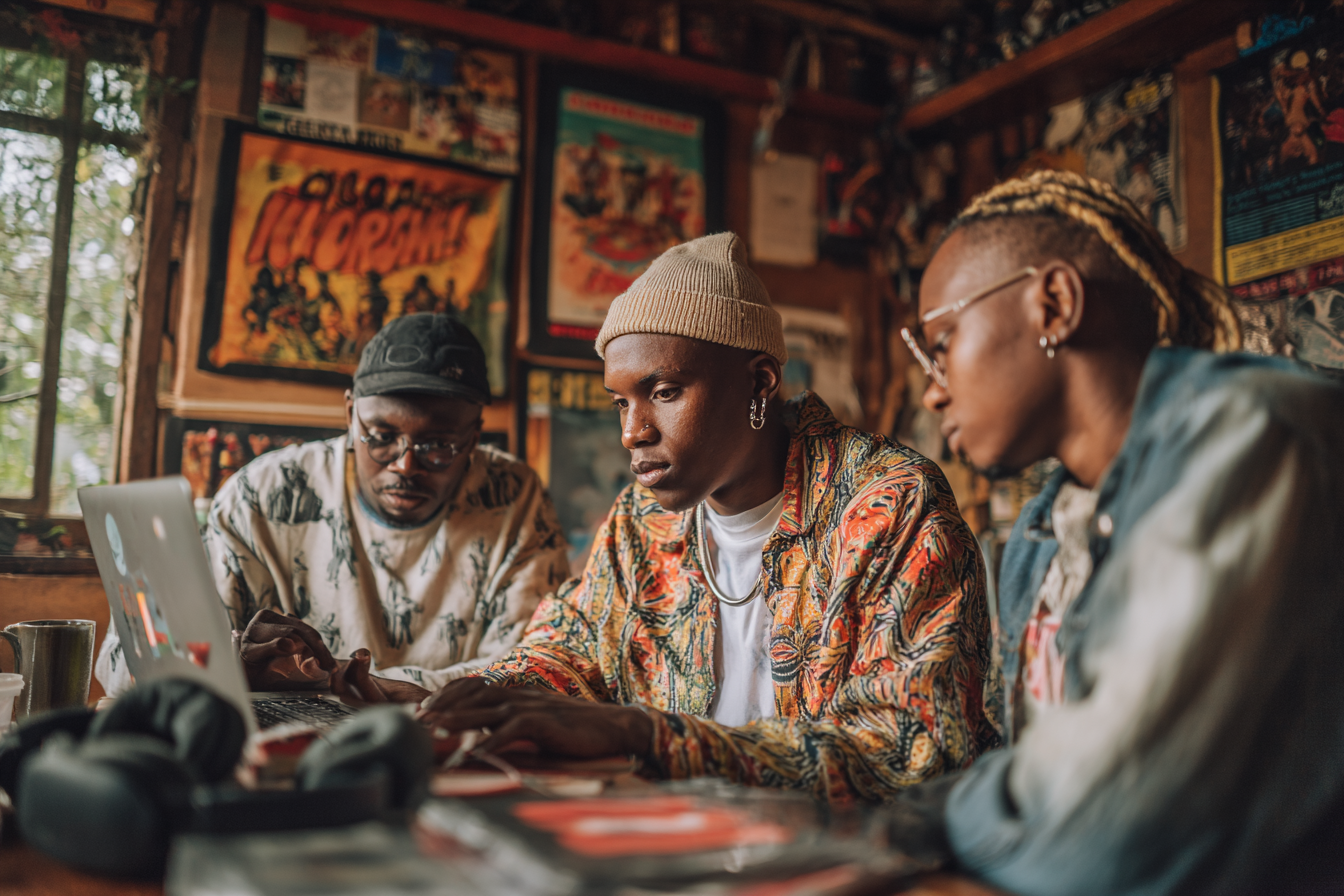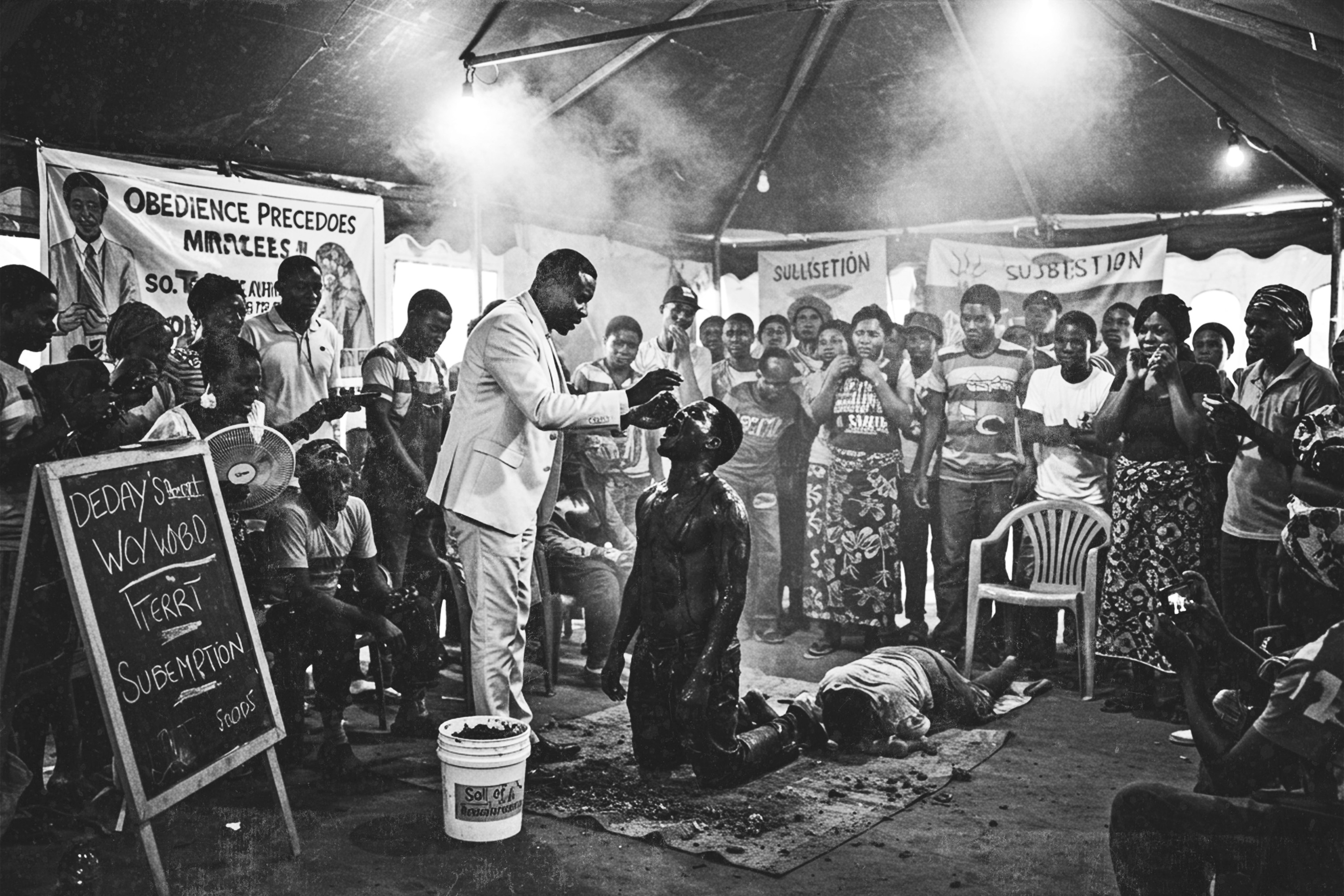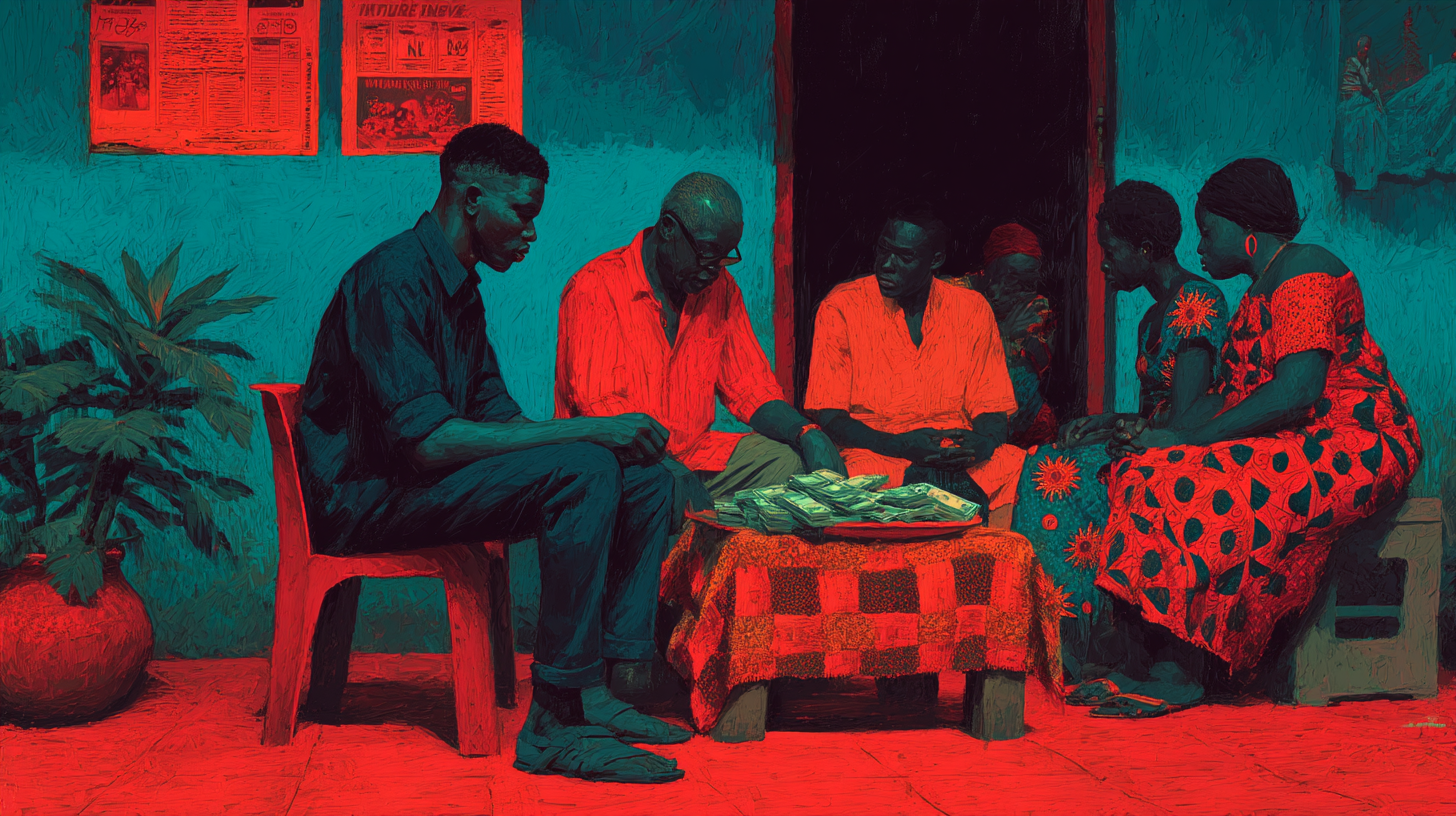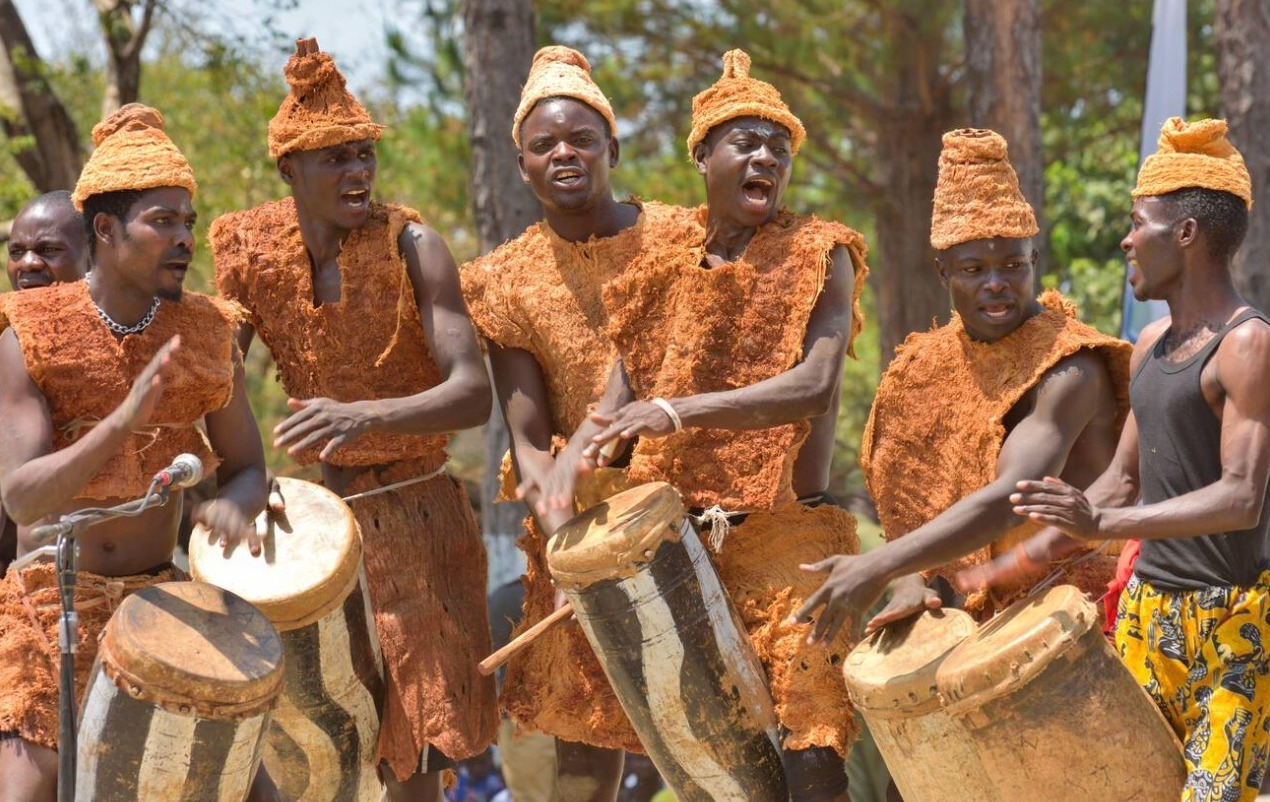One recent Saturday morning, I woke up to the news that a South African rapper AKA had been killed, taken down by a gunshot to the head. I was overcome with emotion and had to stop myself from tearing up. My reaction surprised me, I was a fan of AKA, but I certainly wouldn’t have imagined his death would move me as much as it did.
Over the next few days, I saw that many other fans went online to express their sadness following AKA’s death. Unsurprisingly, some people went online to talk about how those who mourned AKA were wasting our time. After all, we didn’t know him personally, and he didn’t know us. From their perspective, it was a one-sided relationship where we loved and mourned someone who didn’t know our existence. Apart from the tragedy of a man in his mid-30s having his life cut short so suddenly, I was sad because I have positive associations with many of AKA’s songs (I’ve been listening to his music since 2014). They remind me of joyful times and the places I was in when I first heard them. I mourned for him and, to an extent, the memories I have attached to him and his songs.
The online debate got me thinking about the bonds we form with celebrities and other public figures. I asked myself what the psychology is behind these “one-sided” relationships, also known as parasocial relationships.
Parasocial relationships refer to one-sided relationships that people develop with media figures, such as celebrities, social media influencers, or fictional characters. These relationships are characterized by a sense of intimacy and familiarity with the media figure, even though the relationship is one-way. In recent years, parasocial relationships have become increasingly common due to the rise of social media and the ubiquitous presence of media figures in our daily lives.

Parasocial relationships are a fascinating study area because they reveal how humans are wired to form social connections with others, even with people we never interact with.
People form parasocial relationships for a variety of reasons. Some people may be drawn to media figures because they represent an idealized version of themselves or provide an escape from their daily lives. Others may feel a sense of companionship or emotional support from these relationships. Media figures may share personal information about themselves, their interests, or their daily lives through social media or other channels, creating a sense of familiarity and closeness with their fans. People may feel like they “know” these media figures personally, even though they have never met them.
While parasocial relationships can benefit some people emotionally, they can also have negative consequences. For example, people who become overly attached to media figures may experience feelings of jealousy or anger when they perceive a threat to their relationship with that figure. In extreme cases, people may become obsessed with media figures and engage in stalking or other dangerous behaviours.
Having said all this, the positives that can come from our relationships with public figures should be noticed. Parasocial relationships can serve as a source of inspiration and encourage the pursuit of self-improvement. For example, a person may admire a celebrity’s work ethic or values and strive to emulate those qualities in their own life. Others may follow public intellectuals who share informative posts about health and wellness.

Parasocial relationships can be a source of entertainment and enjoyment for individuals. Watching movies, TV shows, or podcasts featuring their favorite media figures can provide a fun and relaxing escape from everyday life. Furthermore, parasocial relationships can also be a way for individuals to learn new things or gain insights into different cultures and perspectives.
As I see it, problems primarily arise with parasocial relationships when they reach the point of obsession. Otherwise, these “one-sided” relationships can have a profoundly positive impact on our lives. The songs, movies, shows, books, podcasts, public speeches, etc., created by all manner of public figures enrich our lives, and that is undoubtedly a reason to celebrate and even mourn them.

